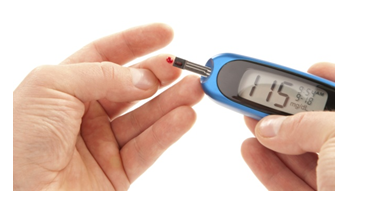
DM is broadly classified into type 1 and type 2 depending on its cause; in type 1 DM, the Islet cells in the pancreas, the […] Read More

DM is broadly classified into type 1 and type 2 depending on its cause; in type 1 DM, the Islet cells in the pancreas, the […] Read More
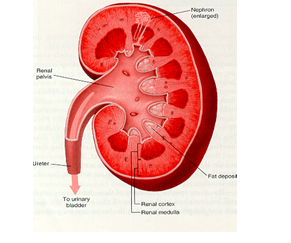
Diabetes Mellitus (DM), the commonest form of diabetes can affect kidneys in several ways – it can predispose to urinary tract infection, it can cause […] Read More
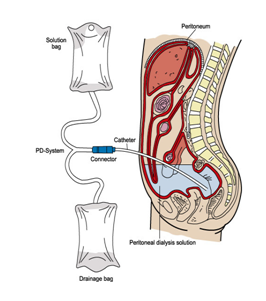
Peritoneum is a thin, semipermeable membrane that forms the inner lining of abdominal cavity and keeps the stomach, intestines, liver and other organs in place. […] Read More
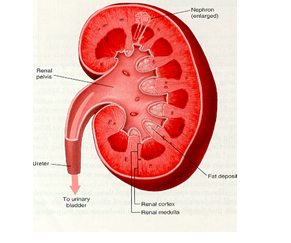
Solitary functioning kidney (SFK) may be due to congenital absence of the other kidney, significant disease in the opposite kidney or removal of one kidney […] Read More
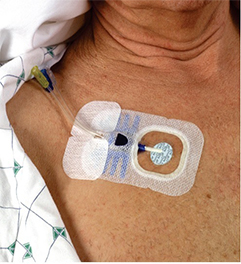
Bloodstream infection in a patient having a central line (CL) anytime after day 2 of CL insertion and until a day after CL removal is […] Read More
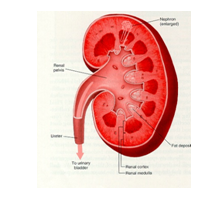
Kidney function is mainly assessed by the rate at which they filter waste products from blood into urine (glomerular filtration rate – GFR). Measurement of […] Read More
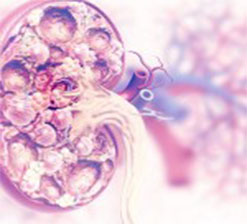
Kidneys are small bean-shaped organs, each about the size of a fist. They are located on either side of the spine at the lowest level of […] Read More
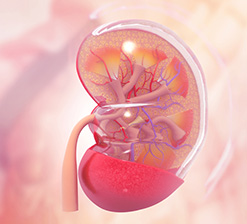
When a patient has kidney function of less than 15% of normal functionality due to irreversible kidney disease and requires dialysis. End Stage Renal Disease – […] Read More

Organ donation is the donation of a human organ from a living or dead person to a living recipient in need of that organ. What […] Read More
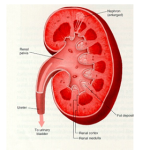
Kidney problems are more frequently recognized in elderly with increasing life expectancy and awareness. The incidence of Diabetes Mellitus (DM), Hypertension and diseases affecting heart […] Read More